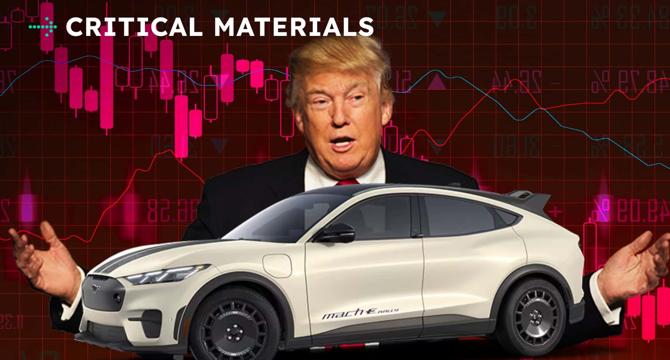Insideevs
2d
141

Image Credit: Insideevs
Trump 'Couldn't Care Less' About Price Hikes As Tariffs Threaten EV Boom
- President Trump's threat of 25% tariffs on non-U.S.-made cars and parts could disrupt the global auto industry and impact the move towards electrification.
- The tariffs could lead to higher car prices as automakers try to offset additional costs, affecting American consumers.
- Trump expressed indifference towards price hikes, stating that he prioritizes manufacturing cars in the U.S. to boost American-made car sales.
- The tariffs could increase prices for most vehicles by $4,000 to $10,000 and more for EVs, putting pressure on automakers and consumers.
- Even American automakers like Ford, GM, and Chrysler will be impacted by the price increases due to rising costs of parts.
- Mercedes-Benz faces potential losses from tariffs despite investing in U.S. manufacturing, with tariffs affecting around 14% of expected operating profit.
- Toyota struggles to meet hybrid demand, leading to supply shortages and months-long waits for car buyers in major markets.
- Shortages of components for hybrid powertrains, including magnets, are causing delays in hybrid production, highlighting supply chain challenges.
- The impact of potential tariffs on car-buying plans remains uncertain, with consumers contemplating immediate purchases or adopting a wait-and-see approach.
- The proposed tariffs could influence the trajectory of EV sales in America, prompting discussions on how consumers and the industry will adapt to the new trade environment.
Read Full Article
8 Likes
For uninterrupted reading, download the app